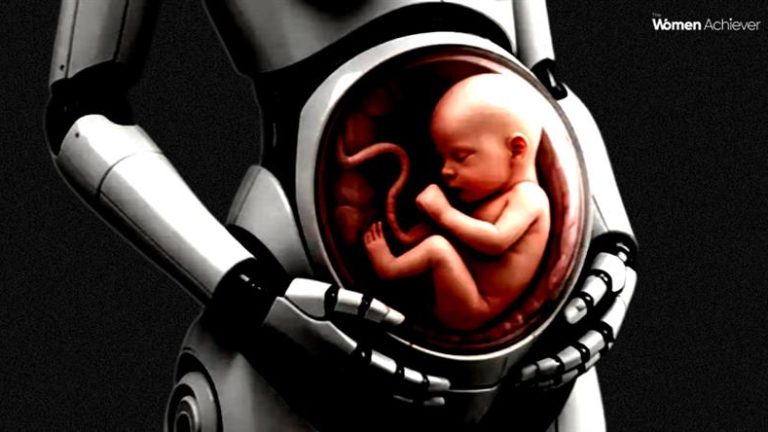Here’s on Can a Machine Mimic Motherhood? China’s Pregnancy Robot Causes Controversy
A Bold Leap in Technology
China moved closer to the future by unveiling a pregnancy-simulating robot that has the capability to replicate the physical experience of being pregnant. The robot, equipped with sensors and artificial intelligence, replicates the stages of pregnancy to give users an interactive experience of undergoing the process of childbirth.
Science Meets Sensitivity
At first sight, the innovation is revolutionary—a chance for doctors-in-the-making, wives, or even politicians to experience the reality of pregnancy. From the belly load simulation to the mimicry of contractions, the device promises a learning experience of motherhood.
Provoking Ethical and Emotional Questions
But the invention does pose quite a considerable number of pertinent questions:
Can technology grasp the emotional, physical, and psychological complexities of pregnancy?
Does it threaten to strip motherhood of its humanity, reducing it to cold mechanical activity, unconcerned with the profound human connection between mother and child?
How will women herself react to a machine “re-creating” one of the most private and life-altering experiences of her life?
Potential Benefits
Despite controversy, specialists foresee such technology being helpful in:
Medical Training – Educating doctors and nurses about the challenges of motherhood.
Partner Awareness – Preparing fathers-to-be to know more about the process of their partner.
Policy Research – Supplying information for improved maternity healthcare practice.
Conclusion: The pregnancy robot mirrors the promise and limitations of technology. The machines may mimic physical labor but cannot mimic the emotional depth, intensity, and extraordinary bond which defines motherhood. It raises a fundamental question: while we try to innovate, are we watering down the difference between man and machine simulation?






Add comment